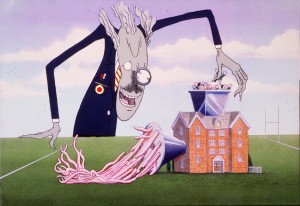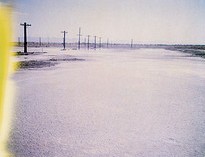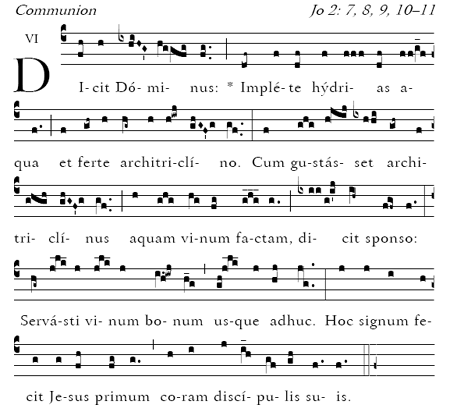 Hello current and future bloggers in POTCERT!!!
Hello current and future bloggers in POTCERT!!!
The collaborative meeting this past Wednesday on blogging was quite thought provoking and wonderful! Many of the participants shared with the group their first blogs and what motivated them to begin blogging. BTW – Ted I want some of those recipes!
A couple of people mentioned they were motivated to start blogs for personal reasons and they needed a place to gather ideas since their memory banks weren’t as sharp as they would have liked. Others mentioned their challenge with writing and different writing styles. Alan said (I believe) that he could not live without blogging. Wow!
I have been a slow convert to the blog world, but I am now a believer. Although, I used to have a perception of a blog as a place where my friend’s deadbeat husband spent all his time in order to avoid employment and neglect any contribution to his marriage or society, I now know differently. A blog is what we determine it is. For some it may be a journal-like place. This doesn’t always work for me. I have started countless journals in my life with great enthusiasm only weeks or months later to find them neglected and covered in dust in a drawer somewhere. So, although there is a therapeutic element to some blogs (and my China blog became such an animal) I don’t see this as their primary purpose.
I realized after listening to the recording of this meeting that I view blogging differently than the others. I started my first blog in 2010 when getting ready to teach and live in China for 5 weeks during the summer. At the time Facebook was blocked in China (it may still be) so I had no way to post updates or pictures of my experiences for a large group of friends and family. Google was also banned in China at the time and Google+ didn’t even exist then. So, I decided to create a blog where I could write about my experiences and post pictures for friends and love-ones back home. The students were great, but the blog ultimately became a place for me to vent since the trip and teaching experience was a huge challenge.
Me with EBUS students 2010.
The next time I started a blog was last year as part of POTCERT11. I learned a lot that year and even was rewarded for having either the most posts or at least second most posts in the course. Hmmmm, I’m wordy I guess 🙂
I must explain that I did not begin blogging with ANY special skills at all. I can type and I can learn and that’s about it. I am a musician and I have been intrigued how music in higher education can best be taught online. So, my very next blog was and is still one for all of my face-to-face courses. In this blog I post slides from my in-class lectures, links to helpful resources, fun music stuff, and YouTube videos.
What I realized after viewing the collaborate session was that my blogs have been motivated by my desire to give something to others.  My China blog was intended to give friends and family some info while I was away, and my music class blog gives my students a place for class stuff. Are they perfect? Heck no!!! And, as Lisa so nicely pointed out in the session, they are editable and changeable any time. So, as I learn more I can improve them.
My China blog was intended to give friends and family some info while I was away, and my music class blog gives my students a place for class stuff. Are they perfect? Heck no!!! And, as Lisa so nicely pointed out in the session, they are editable and changeable any time. So, as I learn more I can improve them.
PLEASE DON’T BE AFRAID TO START BLOGGING! If you screw something up you can delete it and start again. We certainly mess up all of the time. Just dive in the deep end of the pool and start swimming. No one will allow you to drown. I promise!
 My online course has doubled in size this term so I have been anticipating a big increase in my workload. The initial series of emails and getting-started instructions did grow, but they were manageable largely due to some of the great tools I learned in the Pedagogy First program last year such as creating short introductory tutorial videos that I can post or send to confused students and saving standard email replies for frequently asked questions.
My online course has doubled in size this term so I have been anticipating a big increase in my workload. The initial series of emails and getting-started instructions did grow, but they were manageable largely due to some of the great tools I learned in the Pedagogy First program last year such as creating short introductory tutorial videos that I can post or send to confused students and saving standard email replies for frequently asked questions. photo credit: Neal. via photopin cc
photo credit: Neal. via photopin cc photo credit: moominsean via photopin cc
photo credit: moominsean via photopin cc







